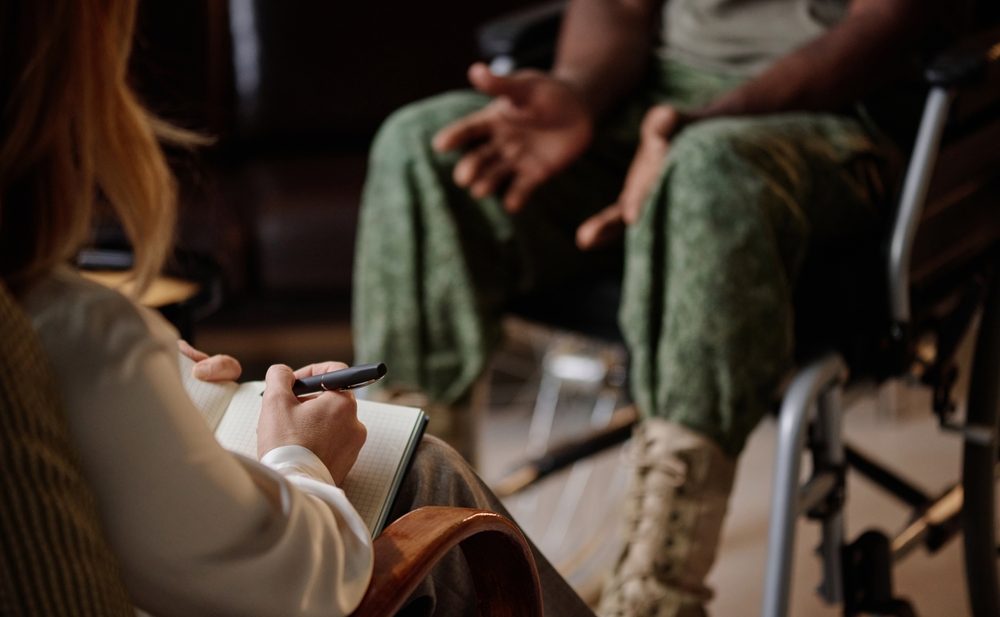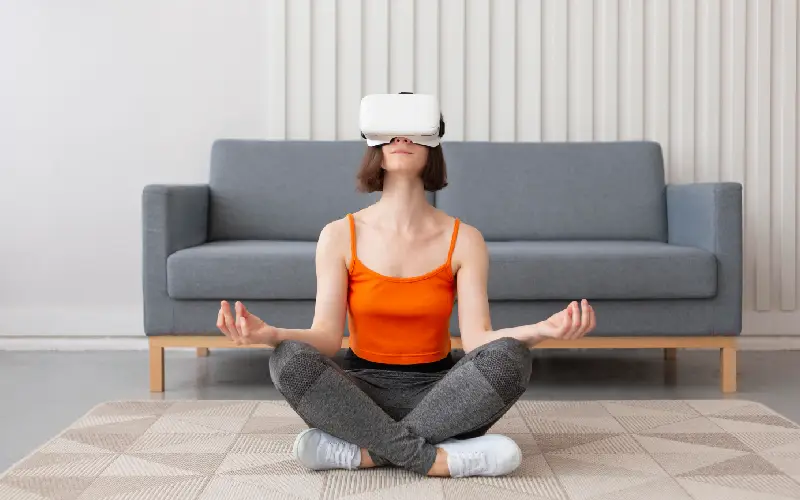- November 14, 2024
- by Harshita Bajaj
- Depression, Mental Health, PTSD, Trauma Disorders
Table of Contents
Veterans Day is observed annually on 11 November in the United States, a day that is dedicated to honor the brave who have served in the country’s armed forces. It is day to recognize their service and sacrifices, acknowledge our gratitude and the importance of supporting them and their wellbeing. This day also serves as a reminder of the ongoing mental health challenges faced by veterans. These mental health concerns often develop among veterans after their service and are not always visible, but deeply affect their functionality and well-being.
Veterans Mental Health Crisis: Mental Health Challenges faced by Veterans
Trauma and PTSD
Due to the high-risk nature of service time for Veterans, they often experience a lot of traumatic incidents which can lead to conditions like Post-Traumatic Stress Disorder (PTSD), high levels of stress, trauma. Long exposure to Combat exposure, witnessing death and the stress of military life can lead to development of such concerns. PTSD can manifest in the form of intrusive thoughts and memories, flashbacks, nightmares and heightened anxiety, making it difficult for veterans to adjust to civilian life. According to Veterans mental health statistics, PTSD affects about 3.4% of Veterans.
A systematic review found that the prevalence of adjustment disorder in veterans is approximately 12.8%. Adjustment disorder is one of the most commonly diagnosed mental disorders among military personnel, alongside depression. Adjustment disorder is a stress-related mental disorder that manifests as an inability to cope with psychological stressors and elicits a stronger than typical behavioral and emotional response.
Anxiety and Depression
Veterans are at high risk for anxiety and depression due to exposure to constantly stressful and anxiety-inducing environment, life-threatening situations on a daily basis, and a difficulty to reintegrate to life after service. This can produce feelings of low mood, hopelessness, lack of interest, changes in sleep and appetite leading to Anxiety disorders and Depression.
Approximately 17.8% of Veterans have been diagnosed with depression, and 15% with Anxiety.
Substance Use
Due to the traumatic experience of service time, often veterans engage in substance abuse(alcohol or drugs) as a coping mechanism and develop Substance Use Disorders or dependency. Further, this can increase feelings of isolation, withdrawal, negative thoughts and a difficulty in seeking appropriate Veterans mental health services.
According to Veterans mental health statistics, 17.3% of Veterans have Alcohol misuse.
Further, 19% of Veterans have experienced suicidal thoughts and 8.6% have attempted suicide.
Barriers to Mental Health Support for Veterans
Approximately 41% of veterans are estimated to need mental health care annually, but less than half are enrolled in VA (Department of Veterans Affairs) healthcare programs, there are a few barriers that can prevent Veterans from accessing metal health services.
- Social stigma surrounding mental health can prevent many Veterans from seekingmental health care.
- For Veterans in remote or underserved areas, availing mental health services near me can be especially challenging and lead them to face access issues.
- The Veterans mental health crisis is furthered by underfunding and systemic gaps in the mental and public healthcare system, impacted by the limited resources in VA support.
Importance of Specialized Mental Health Services for Veterans
Veteran-Specific Therapy Approaches: Treating Veterans mental health issues requires a specialized approach; hence, Veteran-Specific Therapy includes tailor-made programs such as group therapy with fellow Veterans or PTSD-focused and Trauma Focused Therapy,Eye Movement Desensitization and Reprocessing (EMDR) approaches are more effective and successful.
VA and Non-profit Support Programs: The VA provides various mental health services for Veterans such as therapeutic interventions, support groups, counseling, emergency care, nursing homes, residential care psychosocial rehabilitation, and overall healthcare, support and integrative programs and resources. Additionally, the Wounded Warrior Project and The American Legion are non-profit organizations providing mental health resources and advocacy for Veterans.
Community Mental Health Services: There are a variety of community-based mental health clinics, helplines, support groups essential for providing rehabilitative and reintegrative care to Veterans to promote Veterans mental health and wellbeing service available near you across many regions, offering counseling, support both online and in-person.
How We Can Support Veterans’ Mental Health on Veterans Day and Beyond
Supporting the mental health needs of Veterans requires a collective effort that can be highlighted through Promoting Awareness, an open conversation about the issues that reduces stigma and increases accessibility to Veterans mental health services near me. Furthermore, connecting Veterans to resources is another crucial aspect that can make a significant difference, such as emergency care and crisis hotlines, support groups. Volunteering with non-profit or charitable organizations working in the welfare of Veterans, donating to charities or advocating for policy changes, awareness about improving access to care and support services for Veterans are ways to show support to our honored Veterans and aid them in their journey of well-being.
To conclude, Veterans Day is a reminder to honor the service and sacrifice of our esteemed and valued Veterans but it is also a time to recognize the mental health concerns faced by them that has contributed to Veterans mental health crisis. If you or someone you know is struggling with concerns such as PTSD, depression, anxiety, substance use, you can search for ‘Veterans mental health services near me’ to seek support or access services via North America Behavioral Health Services. It is important to remember that these struggles require social support and awareness and being mindful about it should not only be on Veterans Day but year-round, to ensure that our heroes receive the support they not only require but also deserve.
Explore Mental Health Resources for Veterans Today
















